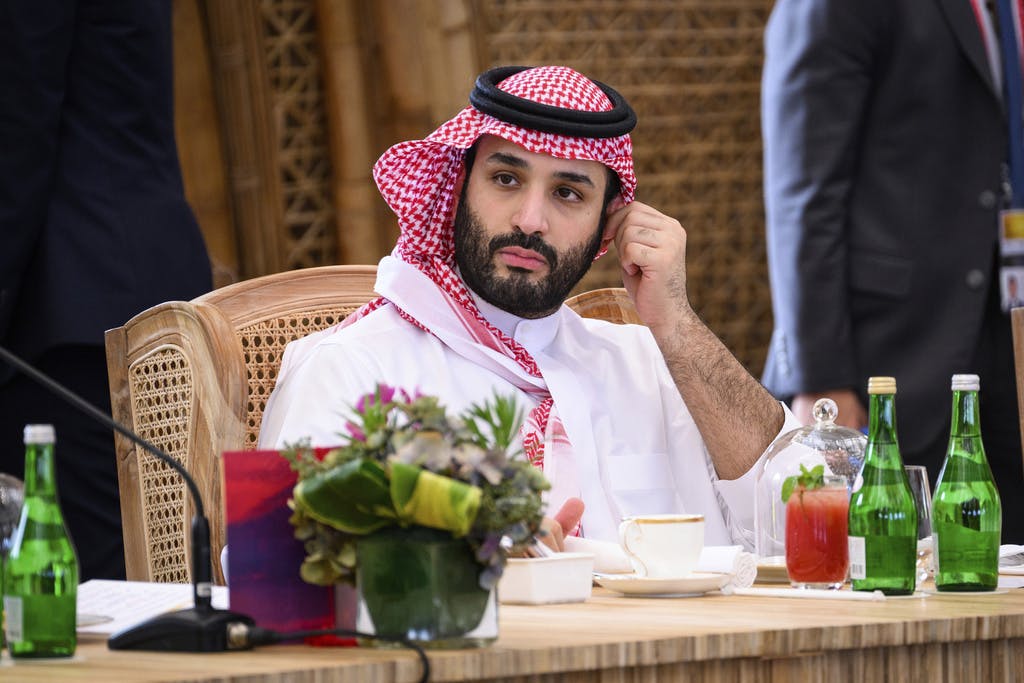
Moment of Truth Approaches for Trump’s Supreme Court Appeal of $5 Million ‘Sexual Abuse’ and ‘Defamation’ Verdict in E. Jean Carroll Case
By A.R. HOFFMAN
|Even so, the national security advisor, Jacob Sullivan, is lowering expectations that an agreement is around the corner, and Israel needs to be wary.

Already have a subscription? Sign in to continue reading
$0.01/day for 60 days
Cancel anytime
By continuing you agree to our Privacy Policy and Terms of Service.

By A.R. HOFFMAN
|
By THE NEW YORK SUN
|
By DANIEL EDWARD ROSEN
|
By JOTAM CONFINO
|
By JOTAM CONFINO
|
By GEORGE WILLIS
|
By LUKE FUNK
|
By BRADLEY CORTRIGHT
|